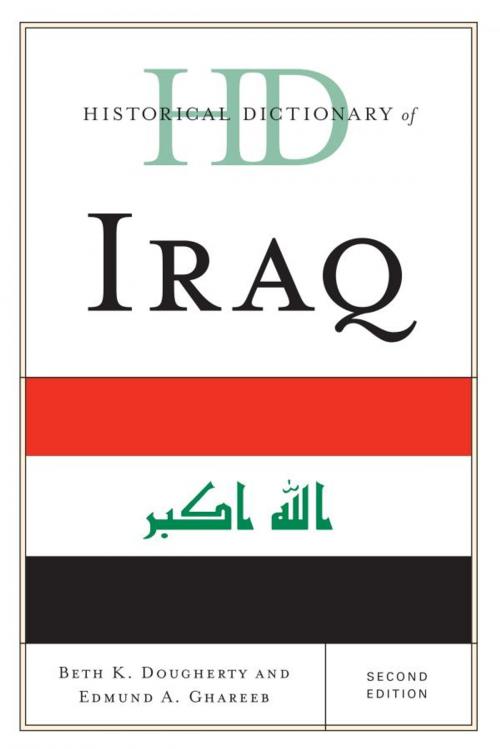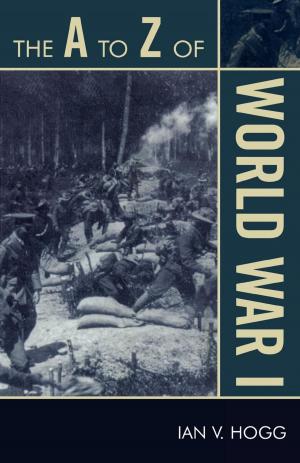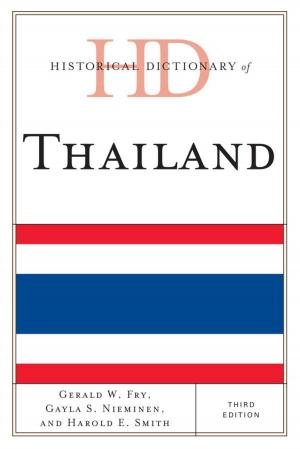| Author: | Beth K. Dougherty, Edmund A. Ghareeb | ISBN: | 9780810879423 |
| Publisher: | Scarecrow Press | Publication: | November 7, 2013 |
| Imprint: | Scarecrow Press | Language: | English |
| Author: | Beth K. Dougherty, Edmund A. Ghareeb |
| ISBN: | 9780810879423 |
| Publisher: | Scarecrow Press |
| Publication: | November 7, 2013 |
| Imprint: | Scarecrow Press |
| Language: | English |
Few countries boast as long and often proud a history as Iraq. It can be traced back thousands of years and includes high points with Sumer, Babylon and the Assyrians. It later came under Muslim rule, and also achieved considerable progress, only to be conquered by the Mongols, Ottomans, Mamluks and British. So it was actually only in 1932 that modern Iraq was at least formally in control of its own destiny, and again underwent considerable ups and downs, most recently under the strong but ultimately destructive rule of Saddam Hussein, who has since been replaced by what remains an often ineffectual interim regime.
This long and tortuous path is traced in the Historical Dictionary of Iraq, whose chronology starts in the year 6500 and ends in the year 2012, an amazingly long stretch. Fortunately, this is put into perspective in the introduction, which helps readers understand what went right, and what went wrong, over this period of millennia. The dictionary section then provides further information on significant persons, places and events, ancient civilizations and more recent regimes, political parties and institutions, as well as more generally the economy, society, culture and ethnic groups, and alas the wars. This book is an excellent access point for students, researchers, and anyone wanting to know more about Iraq.
Few countries boast as long and often proud a history as Iraq. It can be traced back thousands of years and includes high points with Sumer, Babylon and the Assyrians. It later came under Muslim rule, and also achieved considerable progress, only to be conquered by the Mongols, Ottomans, Mamluks and British. So it was actually only in 1932 that modern Iraq was at least formally in control of its own destiny, and again underwent considerable ups and downs, most recently under the strong but ultimately destructive rule of Saddam Hussein, who has since been replaced by what remains an often ineffectual interim regime.
This long and tortuous path is traced in the Historical Dictionary of Iraq, whose chronology starts in the year 6500 and ends in the year 2012, an amazingly long stretch. Fortunately, this is put into perspective in the introduction, which helps readers understand what went right, and what went wrong, over this period of millennia. The dictionary section then provides further information on significant persons, places and events, ancient civilizations and more recent regimes, political parties and institutions, as well as more generally the economy, society, culture and ethnic groups, and alas the wars. This book is an excellent access point for students, researchers, and anyone wanting to know more about Iraq.















